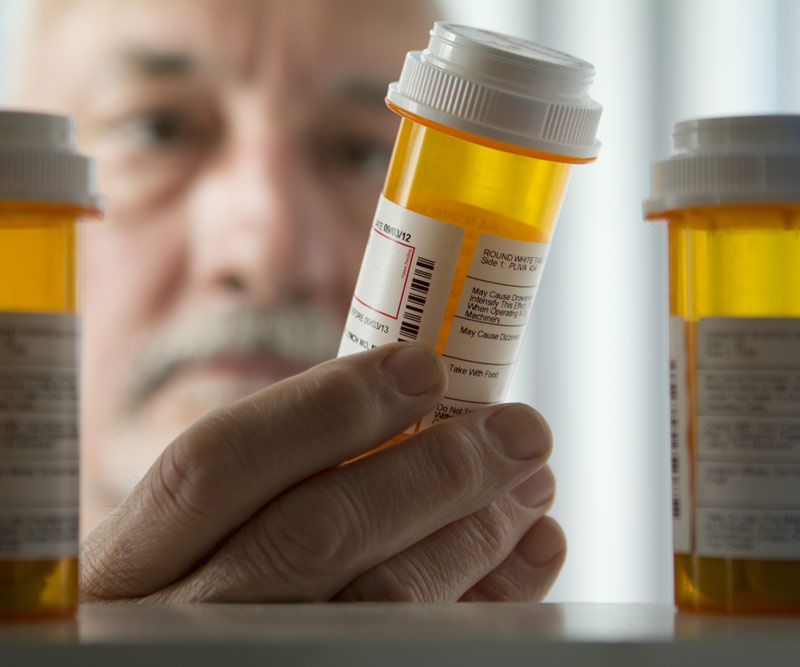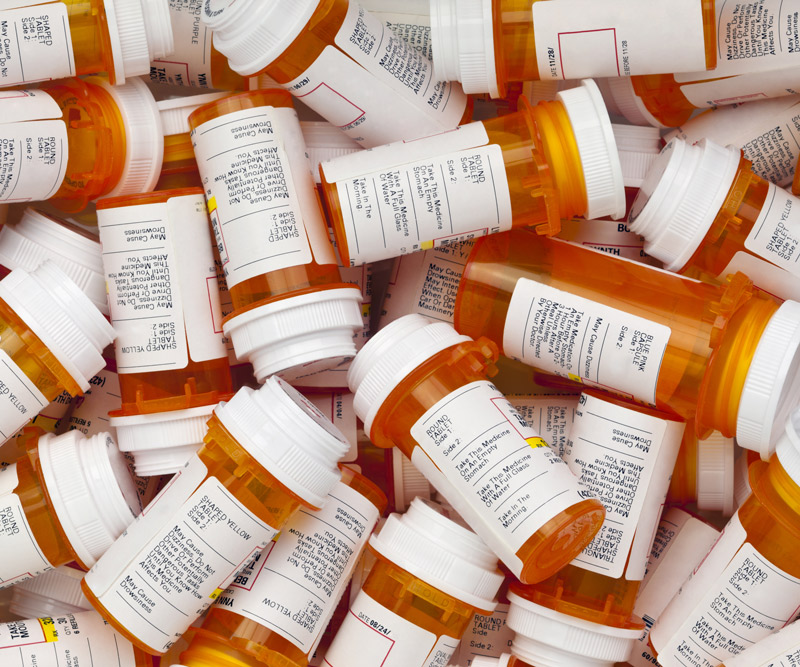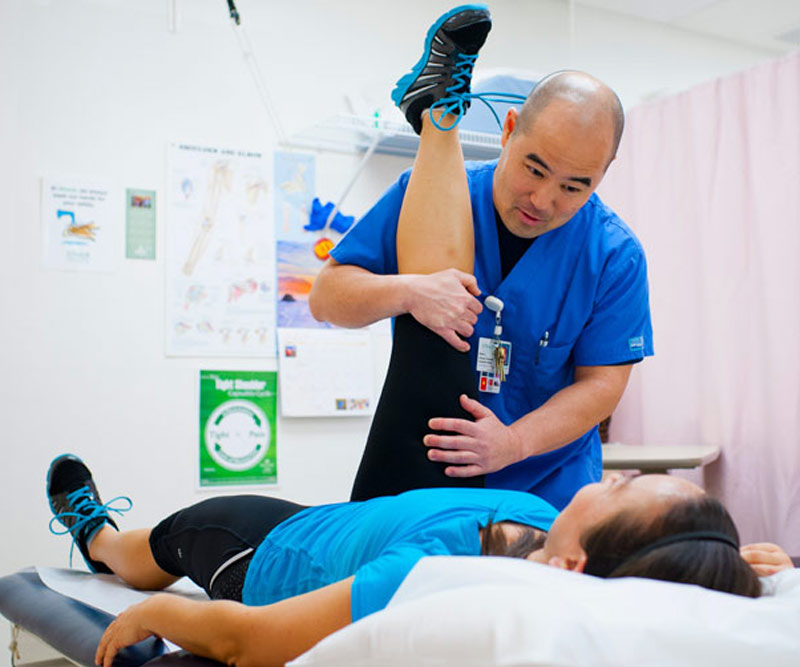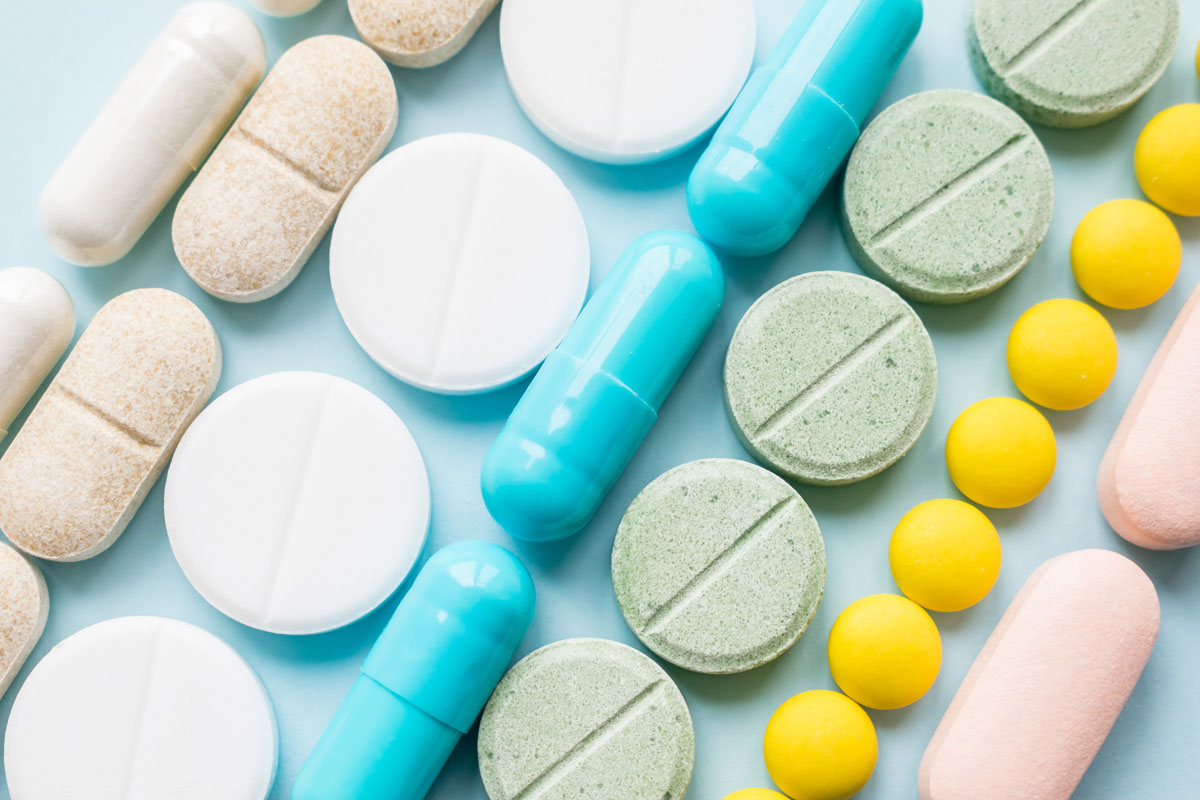
Examining the Growing Opioid Overuse Trend in Hawaii
Opioid abuse is a developing crisis in Hawaii.
Though Hawaii has traditionally experienced lower rates of opioid-related death compared to other states in the nation, these statistics are changing.
Last year, deaths from opioid overdose exceeded the number of deaths from motor vehicle fatalities, and it recently was announced that 1 in 5 deaths among young adults are opioid related.
Experts expect this trend to continue due to Hawaii’s classification as a “High-Intensity Drug Trafficking Area” (HIDTA).
“According to the ‘The Hawaii Opioid Initiative,’ Hawaii is considered an HIDTA due to its tourist and commercial traffic and isolated location. In addition, Hawaii experiences alarming trends and disparities in the rates of behavioral health conditions, as well as disparities based on geographic and ethnic identity,” says Dr. Andrea Bernhard, a family medicine hospitalist at Pali Momi Medical Center and physician champion of the medical center’s Interdisciplinary Opioid and Pain Charter.
Hawaii is not alone in the growing opioid crisis.
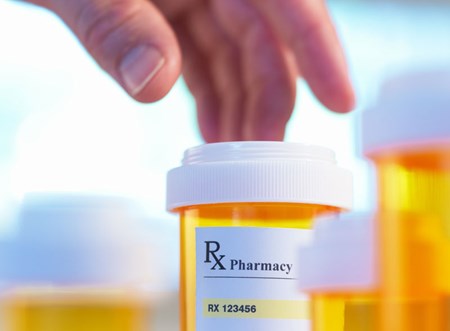
The U.S. Department of Health and Human Services (HHS) has classified Opioid Use Disorder a national epidemic.
Opioid Use Disorder is a medical condition characterized by the continued use of opioids (i.e., codeine, oxycodone, hydrocodone, morphine and heroin) despite negative consequences. The term includes addiction and dependence, and the withdrawal symptoms that occur once opioids are discontinued.
In 2017, the year HHS declared Opioid Use Disorder a public health emergency, the Centers for Disease Control and Prevention (CDC) reported that 116 people died each day from opioid-related drug overdoses.
Another 11.5 million people reported misuse of prescription opioids.
“Studies have shown that use of prescribed opioids for more than three months, even if used as directed and at low doses, increases the risk of opioid addiction 15 fold,” says Bernhard. “Many people who use opioids for a prolonged period of time will develop a tolerance, meaning that they must consume increased amounts of the same drug to achieve the same desired effect, which can trigger a cycle of addiction.”
In addition to the potential for users to become dependent on continued use, chronic use of opioids also has been shown to cause the following health conditions:
- Cardiovascular events.
- Fractures.
- Reduced testosterone levels in men.
- Respiratory failure.
“Opioid abuse is complex, but put simply, it is using opioids at too high a dose, too frequently or for too long, no matter the medical condition being treated,” says Dr. Owen Prentice, a Kauai Medical Clinic family medicine physician based at the Kauai Urgent Care Clinic.
“Opiates are safest and most effective when used in small doses, for short periods of time,” he stresses.
Prentice adds that studies do support the use of opioids for pain in very specific circumstances – they have been shown to be useful for acute post-procedural pain, and for other acute onset pain (such as from trauma).
They also have a clear role in cancer-related pain and at the end of life to relieve suffering.
However, there are no studies that have found them to be useful for chronic non-cancer pain, and there are no guidelines that recommend them as an appropriate first-line therapy for chronic pain.
Many people who use opioids for a prolonged period of time will develop a tolerance, meaning that they must consume increased amounts of the same drug to achieve the same desired effect, which can trigger a cycle of addiction.”
There is also clear evidence that opioids are not helpful for three common situations where they have been commonly used:
- Low back pain;
- Fibromyalgia; and
- Headaches.
“For those who are on a prescribed opioid regimen, use of the lowest effective dose for the shortest duration of time is recommended, with subsequent transition to a non-opioid pain regimen if needed,” Bernhard says.
“Alternative medications to replace opioids vary tremendously based upon the underlying condition being treated – many alternatives exist, however,” Prentice adds. “Patients should seek medical advice from a doctor, therapist, psychologist or addiction specialist to find the treatment plan that works best for their individual needs.”
Alternatives to opioids for the treatment of pain include non-opioid pain medications such as Tylenol, non-steroidal anti-inflammatories (Ibuprofen) and steroids.
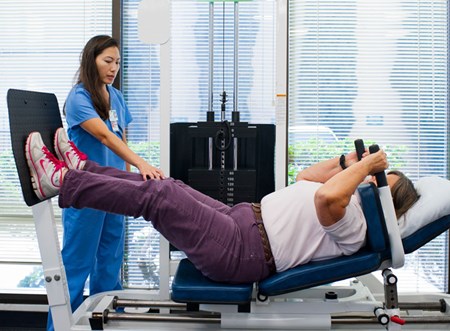
Non-drug therapies may include the following:
- Physical therapy.
- Acupuncture.
- Massage.
- Relaxation techniques.
- Injections of local anesthetics or other medications.
- Nerve-blocks.
- Surgery.
“If you are suffering from chronic pain, it is important to follow up closely with your primary care provider who, depending on the underlying cause of your pain, will be able to recommend non-opioid treatment modalities, refer you to appropriate specialists if needed and frequently re-assess your symptoms,” Bernhard advises.
“In the event of opioid dependence or abuse, it is also important to be transparent with your primary care provider, who can assist in treatment and provide additional valuable resources,” she adds.
If you or someone you know is suffering from an opioid-use disorder, there are several resources available:
- Drug Abuse Hotline – Counselors are available 24/7; call 1-800-821-4357.
- Poison Control – Experts can answer questions or address emergencies regarding medication and drug-related poisonings; call 1-800-222-1222.
- Hawaii Department of Health Alcohol and Drug Abuse Division – A list of local agencies and resources to help with substance abuse and alcoholism; click here.
- Narcotics Anonymous Helpline:
- The Big Island of Hawaii Helpline – 808-769-6016
- Maui, Molokai and Lanai Helpline – 808-214-1239
- Oahu Helpline – 808-734-4357
- Kauai Helpline – 808-212-0114
In the event of an emergency, call 911 or go to the nearest emergency department.
Published on: August 14, 2018


